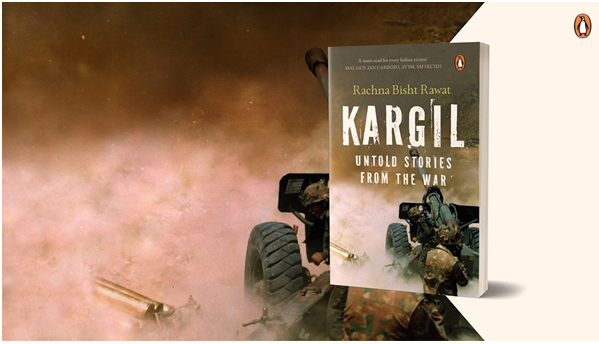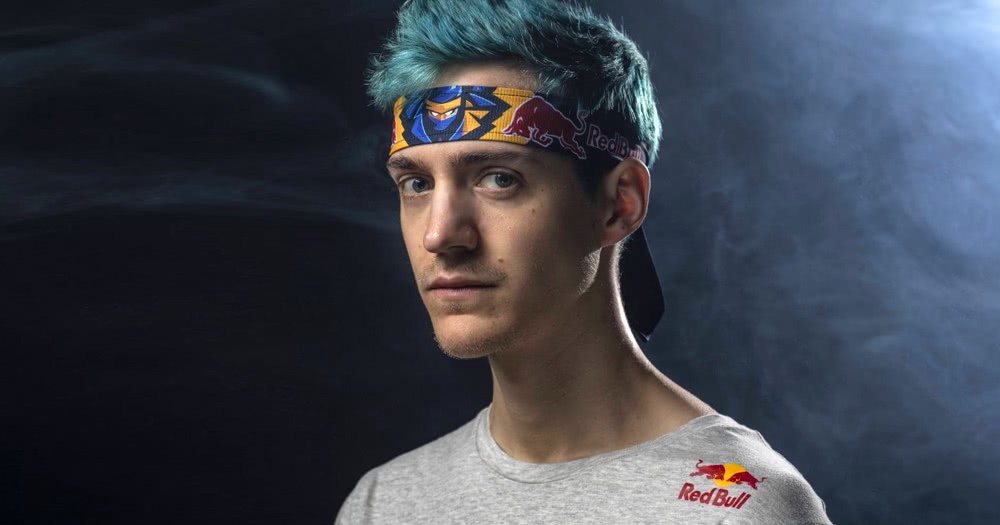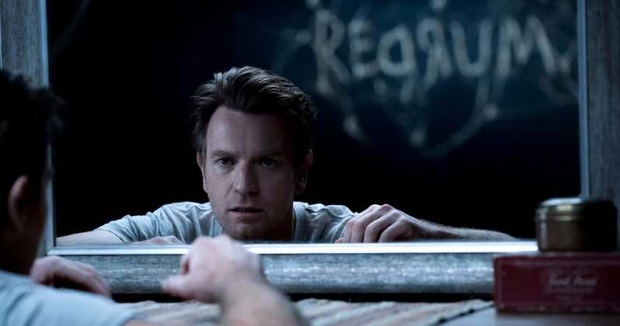5 of the Best Villains in Literature
5 of the Best Villains in Literatureon Jun 24, 2021

1. Mitsuko, Quicksand, Junichiro Tanizaki
 The brilliance of Mitsuko (and the brilliance of this novel) is such that, even by the end, you’re not sure how much to despise her. She is such an expert manipulator, such a re-threader of the truth, that she is able to seduce everyone in her path (read: not only Sonoko but Sonoko’s husband) and get them to like it. Including the reader, of course. In the end, Sonoko is still so devoted to her that the grand tragedy of her life is the fact that Mitsu did not allow her to die alongside her.
The brilliance of Mitsuko (and the brilliance of this novel) is such that, even by the end, you’re not sure how much to despise her. She is such an expert manipulator, such a re-threader of the truth, that she is able to seduce everyone in her path (read: not only Sonoko but Sonoko’s husband) and get them to like it. Including the reader, of course. In the end, Sonoko is still so devoted to her that the grand tragedy of her life is the fact that Mitsu did not allow her to die alongside her.
2. Mr. Hyde, The Strange Case of Dr. Jekyll and Mr. Hyde, Robert Louis Stevenson
 Because the very worst villain is . . . get this . . . actually inside you. Also, you just fell asleep one time and when you woke up it was your evil id and not you? We’ve heard that one before. (So has Buffy.)
Because the very worst villain is . . . get this . . . actually inside you. Also, you just fell asleep one time and when you woke up it was your evil id and not you? We’ve heard that one before. (So has Buffy.)
3. Infertility, The Children of Men, P. D. James
 Sure, Xan is also a villain in this novel. But the real, big-picture villain, the thing that causes everything to dissolve, and people to start christening their kittens and pushing them around in prams, has to be the global disease that left all the men on earth infertile.
Sure, Xan is also a villain in this novel. But the real, big-picture villain, the thing that causes everything to dissolve, and people to start christening their kittens and pushing them around in prams, has to be the global disease that left all the men on earth infertile.
4. The shark, Jaws, Peter Benchley
 A villain so villainous that (with the help of Steven Spielberg) it spawned a wave of shark paranoia among beach-goers. In fact, Benchley, who also wrote the screenplay for the film, was so horrified at the cultural response to his work that he became a shark conservationist later in life.
A villain so villainous that (with the help of Steven Spielberg) it spawned a wave of shark paranoia among beach-goers. In fact, Benchley, who also wrote the screenplay for the film, was so horrified at the cultural response to his work that he became a shark conservationist later in life.
5. Professor Moriarty, “The Final Problem,” Sir Arthur Conan Doyle
 A criminal mastermind— “the Napoleon of Crime,” as Holmes puts it—and the only person to ever give the good consulting detective any real trouble (other than himself). Though after countless adaptations, we now think of Moriarty as Holmes’s main enemy, Doyle really only invented him as a means to kill his hero, and he isn’t otherwise prominent in the series. Moriarty has become bigger than Moriarty.
Source: LiteraryHub
A criminal mastermind— “the Napoleon of Crime,” as Holmes puts it—and the only person to ever give the good consulting detective any real trouble (other than himself). Though after countless adaptations, we now think of Moriarty as Holmes’s main enemy, Doyle really only invented him as a means to kill his hero, and he isn’t otherwise prominent in the series. Moriarty has become bigger than Moriarty.
Source: LiteraryHub
Article
Author
Authors
best literary villains
Best villains in books
Bestseller
Blog
Books
Books to read
Frontlist
Frontlist Article
Frontlist Blog
Frontlist Book
Frontlist Books
Frontlist Latest
Frontlist Latest Update
Frontlist Media
Literary blog
Literary villains
Publishers
Publishing
Read
Reading
Reads
Villain books
Villains
Villains in books
Writers



.jpg)






.jpg)
.png)
.jpg)
.jpg)
.jpg)
.jpg)
.jpg)
.jpg)










Sorry! No comment found for this post.